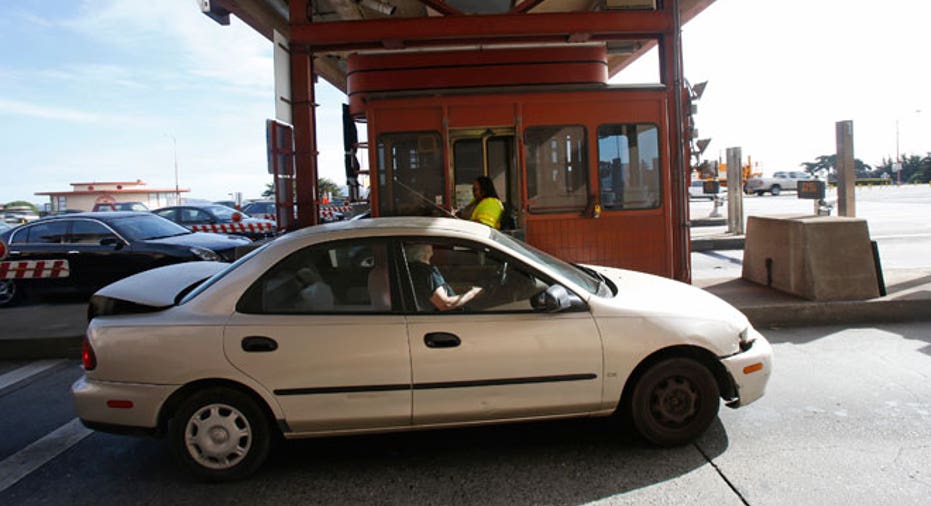Is There a Way Out From a Car Title Loan?

Dear Debt Adviser,
My nephew got a title loan. The vehicle is not repairable, and he cannot make the loan payments since he has no transportation. He called them and told them he is going to give up his title and they can have the vehicle. They told him they don't want the vehicle -- they want the money.
Again, he told them he cannot make the payments, but still they want their money. They are calling him and all of his references. He has told them he is giving up his title and to stop calling him and his references, but they won't do it. Is there a resolution to this problem? He simply cannot pay them. Thank you for your advice.
- Linda
Dear Linda,
Your nephew made two big mistakes. First, through his actions, he found himself in need of money and chose an expensive loan product to solve the problem. Second, he promised to pay good money for something that has turned out to be worthless.
No matter how this gets resolved, I hope he can come away from this situation with some new knowledge about impulse buying, doing his homework before he buys and knowing what he can realistically fit into his budget.
Title loans are marketed as small emergency loans, and you hand over your car title and an extra set of keys as collateral. A typical car title loan has a triple-digit annual interest rate, requires payment within one month and is for much less than the value of the car.
The bad news is, for now, your nephew's title loan is legal and binding, unless he's in the military. Several years ago, the Department of Defense outlawed title loans for service personnel because of abuses and nosebleed interest rates. But if your nephew is not serving in uniform, he does owe the money and will have to pay it back.
At a minimum, he should check his loan paperwork to understand what his rights and obligations really are under the contract he signed. It would be another big mistake to rely on the lender to tell him what his options are.
My guess is the lender can still pursue him for the balance owed on the loan even after the repossession and sale of the vehicle used to secure the loan. The lender will likely pursue the matter in court and seek a judgment for the amount owed. With a judgment, the lender could request a wage garnishment (if allowed in your state), garnish a bank account or place a lien on any real property.
Title loans tend to be short term and are regulated by state laws. Some states aren't doing a very good job of protecting people who use these loan products. In fact, many consumer organizations, including the Consumer Federation of America, have been trying to get states to implement regulations providing better protections for consumers seeking title loans.
The biggest complaints center on the high interest rates and fees associated with the loans, which are often rolled over numerous times when a consumer cannot pay, and on the fact that the loan amounts are small and oversecured by what is the only asset for many borrowers.
My recommendation is for your nephew to determine a way to pay what he owes as soon as possible. He may be better off getting the car fixed, so he has the transportation he needs to make the money to make his payments.
If the car is too expensive to repair, then he should find another way to get to work (bus, bicycle, on foot) so he can get the income he needs. After all, he'll need to work sometime, regardless.
With high interest rates and fees adding up each month, he could end up owing much, much more than the few hundred dollars he likely borrowed. He needs to face up to an unpleasant situation at least partly of his own making and stop the bleeding, now.
Good luck!
Ask the adviser
To ask a question of the Debt Adviser, go to the "Ask the Experts" page and select "Debt" as the topic. Read more Debt Adviser columns and more stories about debt management.
Bankrate's content, including the guidance of its advice-and-expert columns and this website, is intended only to assist you with financial decisions. The content is broad in scope and does not consider your personal financial situation. Bankrate recommends that you seek the advice of advisers who are fully aware of your individual circumstances before making any final decisions or implementing any financial strategy. Please remember that your use of this website is governed by Bankrate's Terms of Use.
Copyright 2014, Bankrate Inc.



















